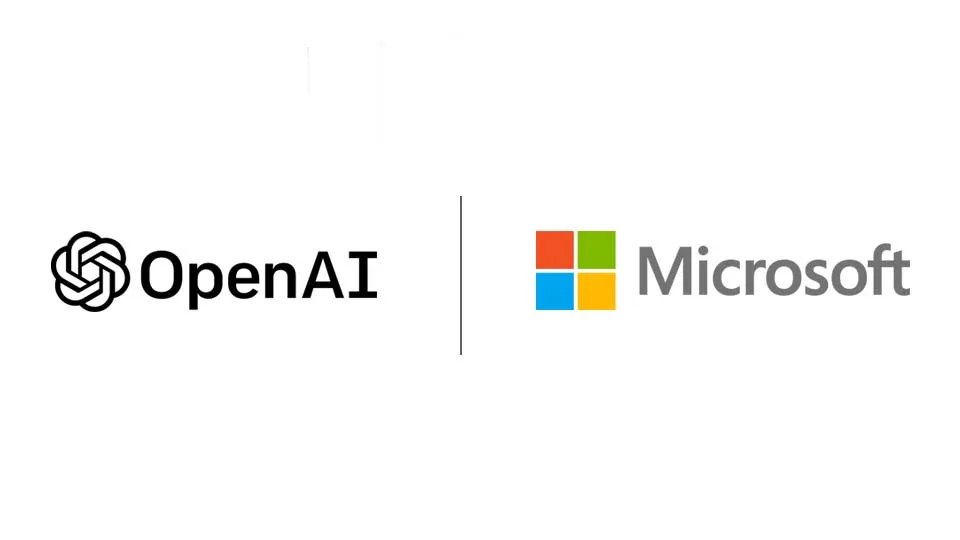Microsoft and OpenAI are investigating whether a group linked to Chinese AI startup DeepSeek improperly obtained data from OpenAI’s technology.
According to Bloomberg, the probe follows concerns that the data extraction could breach terms of service or indicate unauthorised access by individuals associated with DeepSeek.
Microsoft’s security researchers observed suspicious activity in the fall, where individuals believed to be linked to DeepSeek were using OpenAI’s Application Programming Interface (API) to exfiltrate large amounts of data. The API is a licensed system for integrating OpenAI’s AI models into external applications, but misuse could violate these terms.
DeepSeek’s release of its R1 model in early January caused significant market turmoil, surpassing expectations and outperforming US competitors despite using far fewer resources than OpenAI or Google. This rapid rise raised questions about the underpinnings of the US stock market boom, which relies on AI hyperscalers investing heavily in computing power.
Tech stocks, including Microsoft, Nvidia, Oracle, and Alphabet, experienced a substantial drop in value as investors reconsidered their reliance on costly AI hardware. The decline wiped out nearly $1 trillion in market value before stabilising somewhat.
David Sacks, President Donald Trump’s AI czar, commented on the evidence, telling Fox News that there is “substantial evidence” DeepSeek used OpenAI’s models to train its own AI, a process known as distillation. This technique allows smaller models to replicate larger ones by learning from their outputs, potentially breaching OpenAI’s terms of service.
OpenAI responded by acknowledging that Chinese firms often attempt to replicate US technology. The company stated they are taking measures to protect their intellectual property and collaborate with the US government to safeguard advanced models.
While DeepSeek denied any wrongdoing during the lunar new year holiday, experts suggest that using outputs from larger models for training is a common practice in AI development. This highlights the challenges faced by companies seeking to protect their technical edge.
The probe underscores growing tensions between US and Chinese firms over intellectual property rights, as OpenAI faces its own legal battles regarding alleged unauthorised use of copyrighted data. In a statment to the House of Lords in early 2024, the company admitted "it would be impossible to train today’s leading AI models without using copyrighted materials."
Latest News
-
BAE Systems launches UK tech incubator scheme
-
Morrisons to launch real-time engagement tech across stores
-
Crypto exchange Gemini to cut workers, exit UK, EU and Australia amid market slump
-
Anthropic unveils Claude Opus 4.6 as enterprise AI race intensifies
-
Government to collaborate with Microsoft on deepfake detection framework
-
50% of firms will rehire staff laid off due to AI by 2027, predicts Gartner
The future-ready CFO: Driving strategic growth and innovation
This National Technology News webinar sponsored by Sage will explore how CFOs can leverage their unique blend of financial acumen, technological savvy, and strategic mindset to foster cross-functional collaboration and shape overall company direction. Attendees will gain insights into breaking down operational silos, aligning goals across departments like IT, operations, HR, and marketing, and utilising technology to enable real-time data sharing and visibility.
The corporate roadmap to payment excellence: Keeping pace with emerging trends to maximise growth opportunities
In today's rapidly evolving finance and accounting landscape, one of the biggest challenges organisations face is attracting and retaining top talent. As automation and AI revolutionise the profession, finance teams require new skillsets centred on analysis, collaboration, and strategic thinking to drive sustainable competitive advantage.
© 2019 Perspective Publishing Privacy & Cookies




.jpg)





Recent Stories